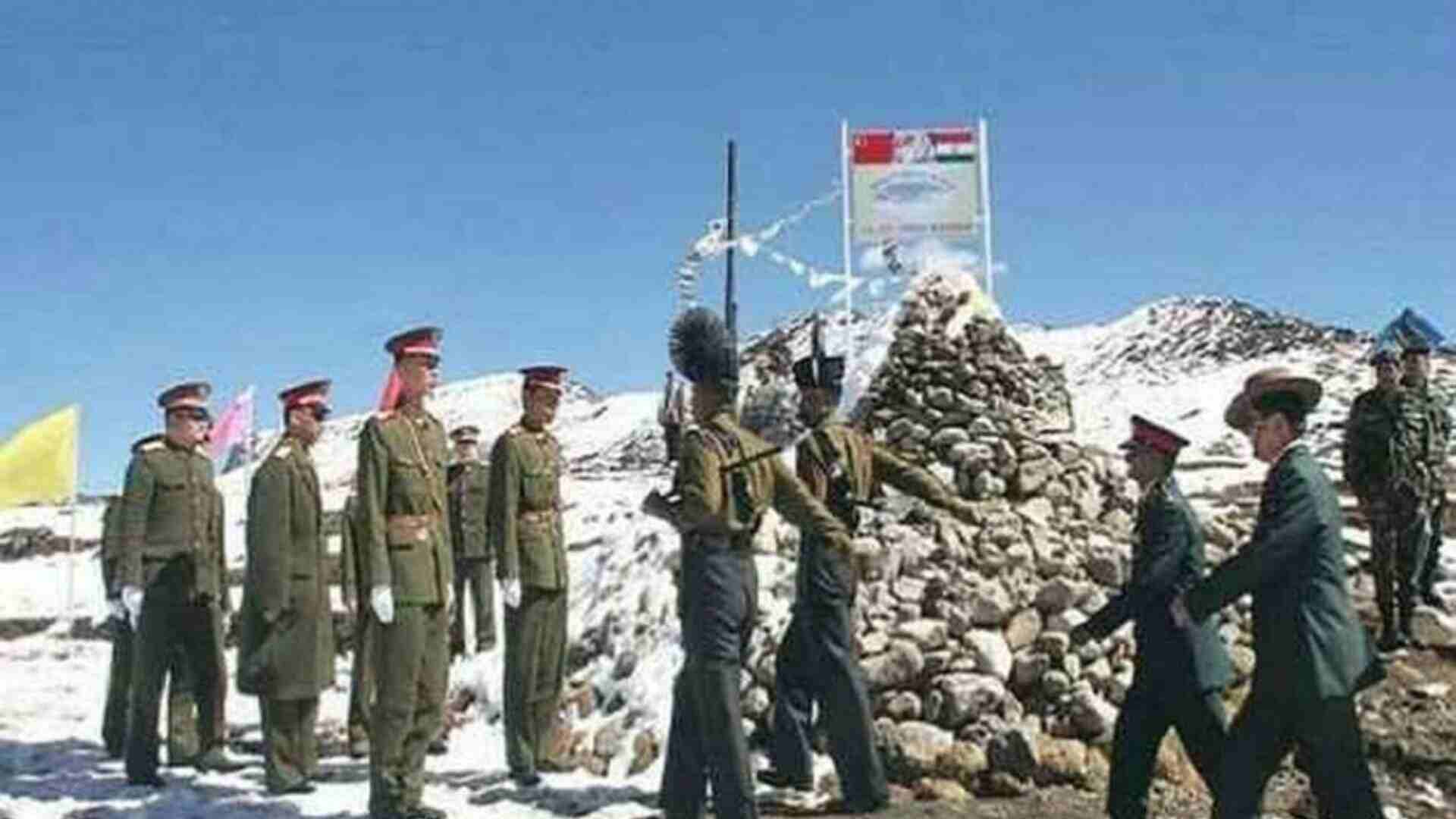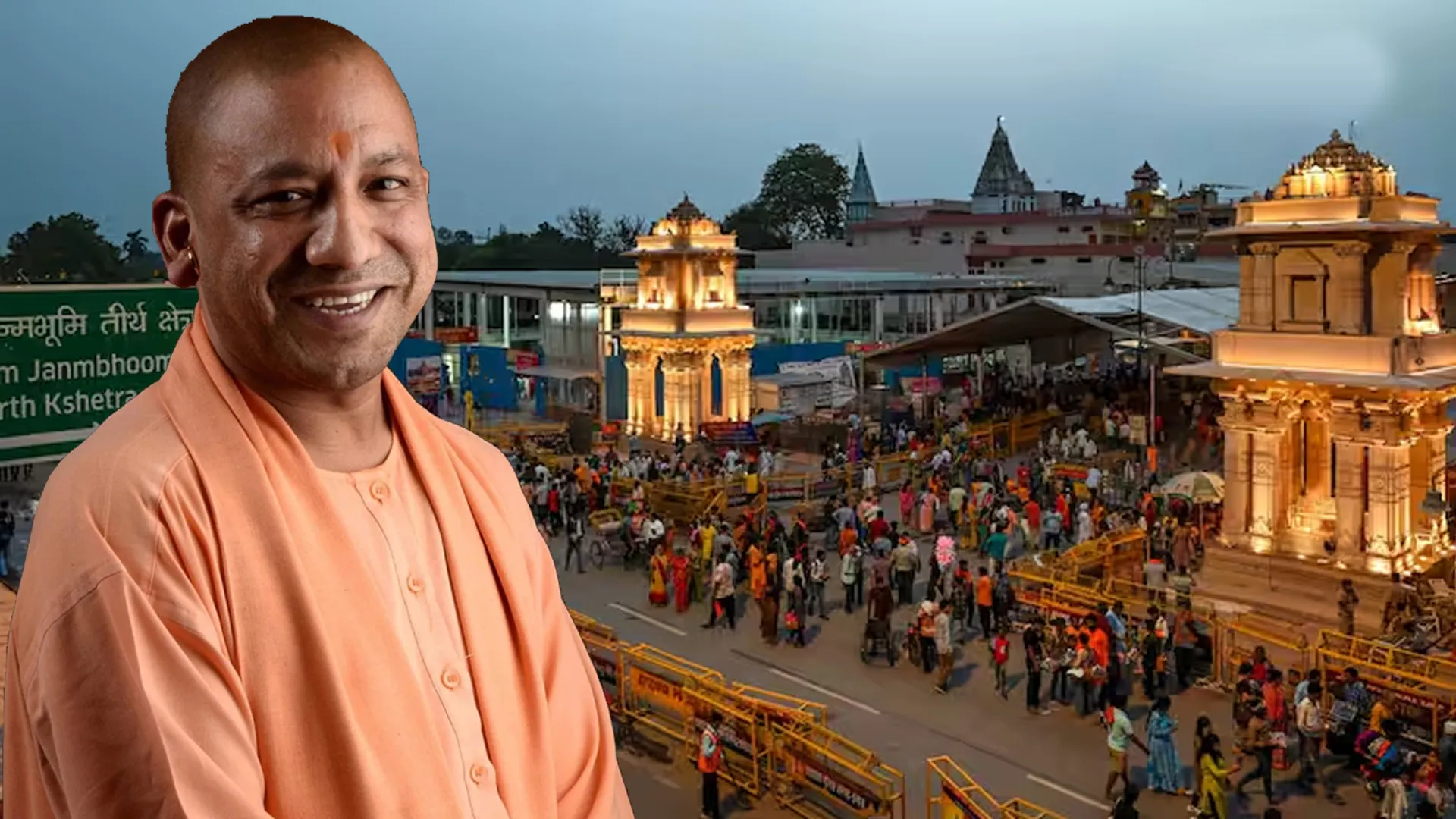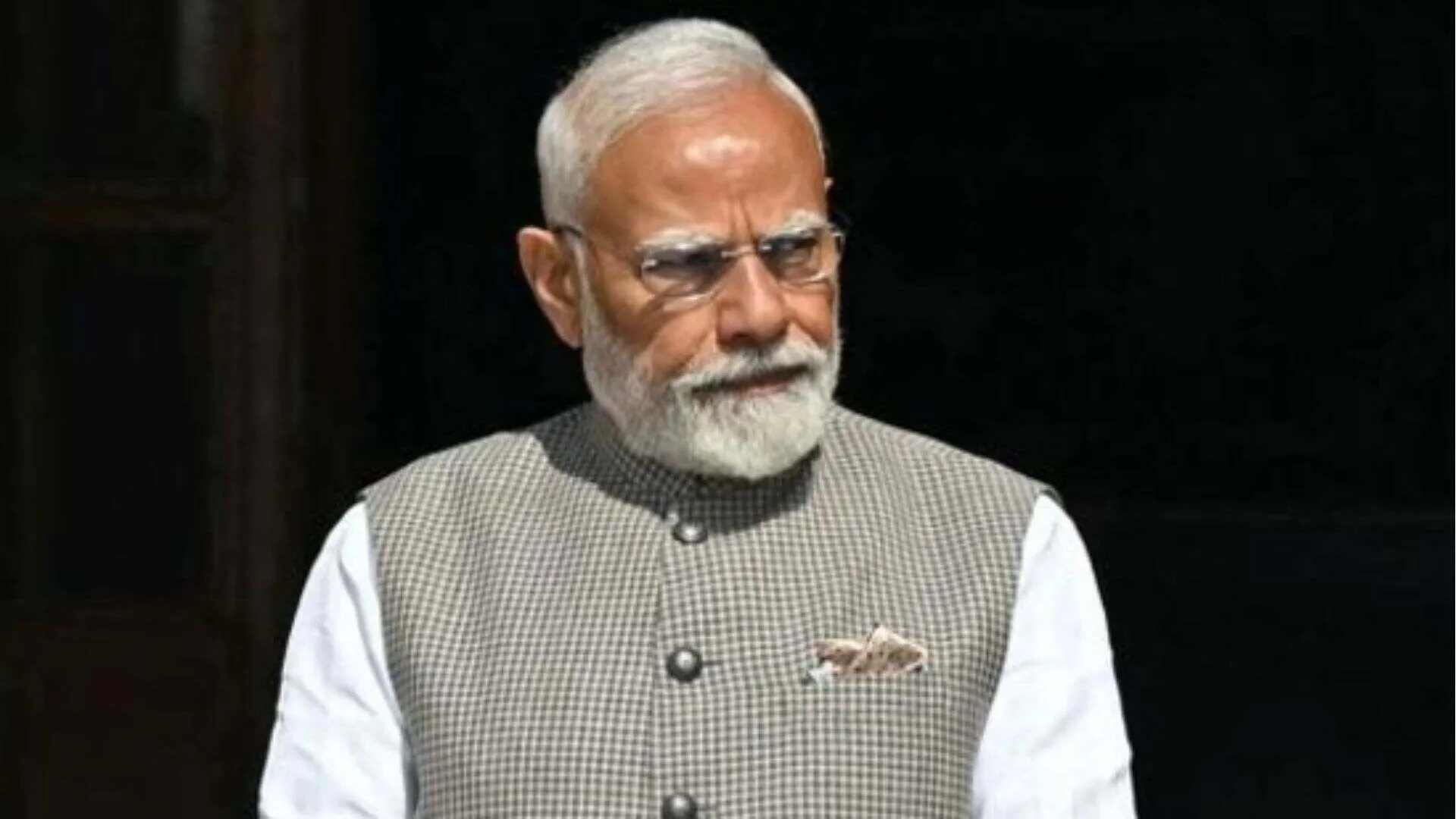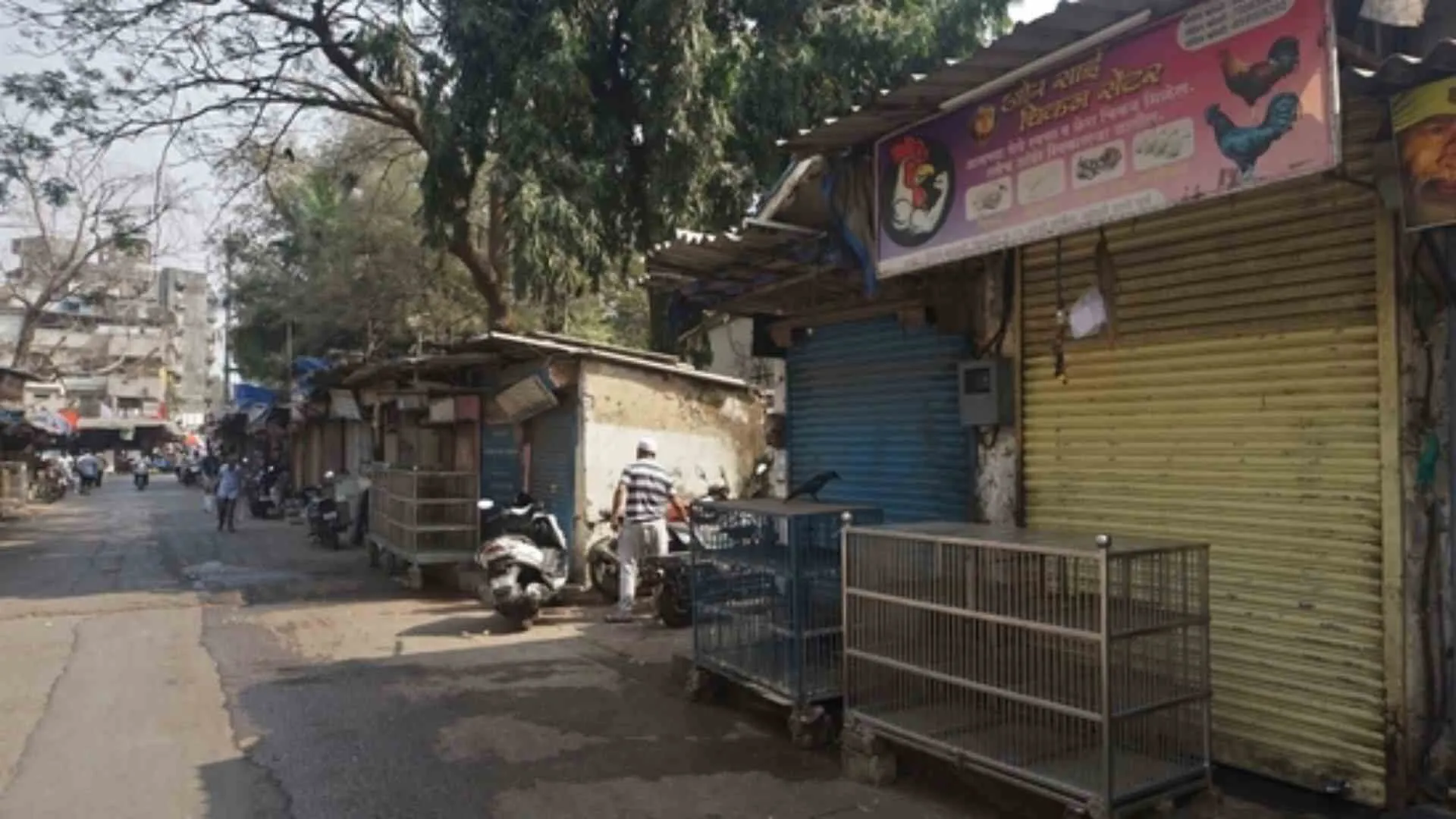The newly elected NDA government, under Prime Minister Narendra Modi’s leadership, has given the green light for the renaming of 30 locations in Tibet, in response to China’s recent renaming activities in the Indian state of Arunachal Pradesh.
The approved names, chosen based on historical research and their connection to the Tibet region, will be officially announced by the Indian army and updated on their maps along the Line of Actual Control (LAC).
Relations between the two countries have been strained, particularly since the border standoff in eastern Ladakh began on May 5, 2020, following clashes in the Pangong Tso area. Despite 21 rounds of military talks aimed at resolving the standoff, tensions persist.
This decision serves as a countermeasure to China’s renaming of 30 places in Arunachal Pradesh earlier in April, a move strongly opposed by India. Under Modi 3.0, India seeks to assert its territorial claims by assigning its own names to locations in occupied Tibet.
The list consists of 11 residential areas, 12 mountains, four rivers, one lake, one mountain pass, and a parcel of land, with names presented in Chinese characters, Tibetan, and pinyin. China has previously released lists of standardized names for places in Arunachal Pradesh since 2017, with the latest list containing nearly as many new names as the three previous lists combined.
Despite China’s repeated claims, India has consistently asserted Arunachal Pradesh as an integral and inseparable part of the country. The Ministry of External Affairs has stated that the attribution of “invented” names does not change this reality. This firm response from India comes amid global disapproval of China’s expansionist policies in regions like the South China Sea.
Assuming the role of Minister of External Affairs for the second time, S. Jaishankar today reiterated India’s strong stance on matters concerning China and Pakistan, affirming that India will address both border disputes and cross-border terrorism.
“As far as Pakistan and China are concerned, the relations with those countries are different, and the problems there are also different. Our focus with regard to China will be on finding a solution for the border issues and with Pakistan, we would want to find a solution to the issue of years-old cross-border terrorism,” Jaishankar said after assuming office.









